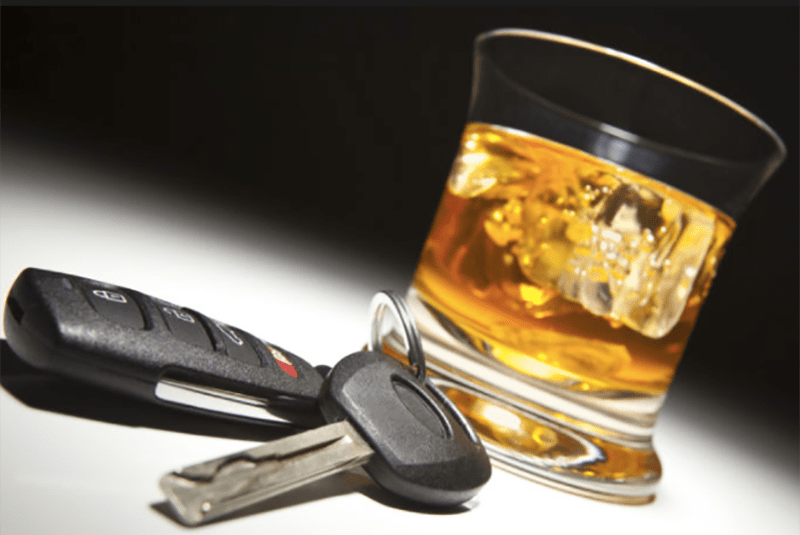There is a great deal of confusion when it comes to drunk driving laws. Ignorance of the law and punishments creates an unpleasant surprise to many people who find themselves facing DUI charges. Here, we’ll separate the DUI facts from DUI myths and provide a better understanding of the law.

DUI Penalties Are Stiff from The Beginning
Some common DUI misconceptions revolve around the penalties that apply to convicted defendants. While laws may vary slightly from state to state, every jurisdiction takes drunk driving seriously. Even first time offenders are subject to six months in jail for a misdemeanor DUI or DWI conviction.
That penalty may be increased, depending on the driver’s level of intoxication. A blood alcohol concentration of .15% to .20% is considered very high and will warrant a more severe penalty in most states, regardless of whether it is the defendant’s first offense.
In looking at nationwide DUI statistics, we find that felony drunk driving charges often carry prison terms of several years. A felony charge may be levied at a defendant in cases where driving under the influence of alcohol or drugs resulted in the serious injury or death of another. The defendant may also face a felony charge upon a third or fourth DUI charge.
Jail and prison time isn’t the only penalty imposed by the courts. They may also impose fines, either in place of or in addition to incarceration. Fines can range from $500 to $2,000, depending on the circumstances of the charge.
Debunking the Myths
There are many myths that affect the way the common person interprets their local drunk driving laws. For instance, media advertisements often declare that having just one drink increases the likelihood that one will become involved in a car accident. This isn’t true. According to the National Motorists Association, a person driving after one drink is no more likely to be involved in an accident than someone who has consumed no alcohol at all.
Speaking of blood alcohol content, studies have found that it’s not as reliable of an indicator of driver impairment as the public thinks. For instance, it may take more drinks for a regular drinker to become impaired than someone who drinks less frequently.
This also means that breathalyzer tests are less reliable. Anything can affect someone’s level of intoxication from their gender and body type to medical conditions and age. Every circumstance is unique.
While some feel that lowering the allowable BAC will help get the “drunks” off the road, this isn’t entirely true, either. People who score a BAC of .08 to .1 are typically not the same people who consistently drive drunk. The individuals who pose the greatest threat are those who score a BAC of .15 or higher.
Regardless of how many drinks you have had, your prime course of action is to remain silent. Some officers are especially good at what they do and can make an interrogation seem like casual conversation. It’s important to remember anything you say can be used against you in court, so do not answer any questions. In fact, it’s prime to reserve your statements for your lawyer, who you should consult at the earliest possible opportunity. As your advocate, an experienced drunk driving lawyer is the first person you should speak to about your charges.
If you need legal assistance you can also find additional legal aid here and you can search for a lawyer here.
